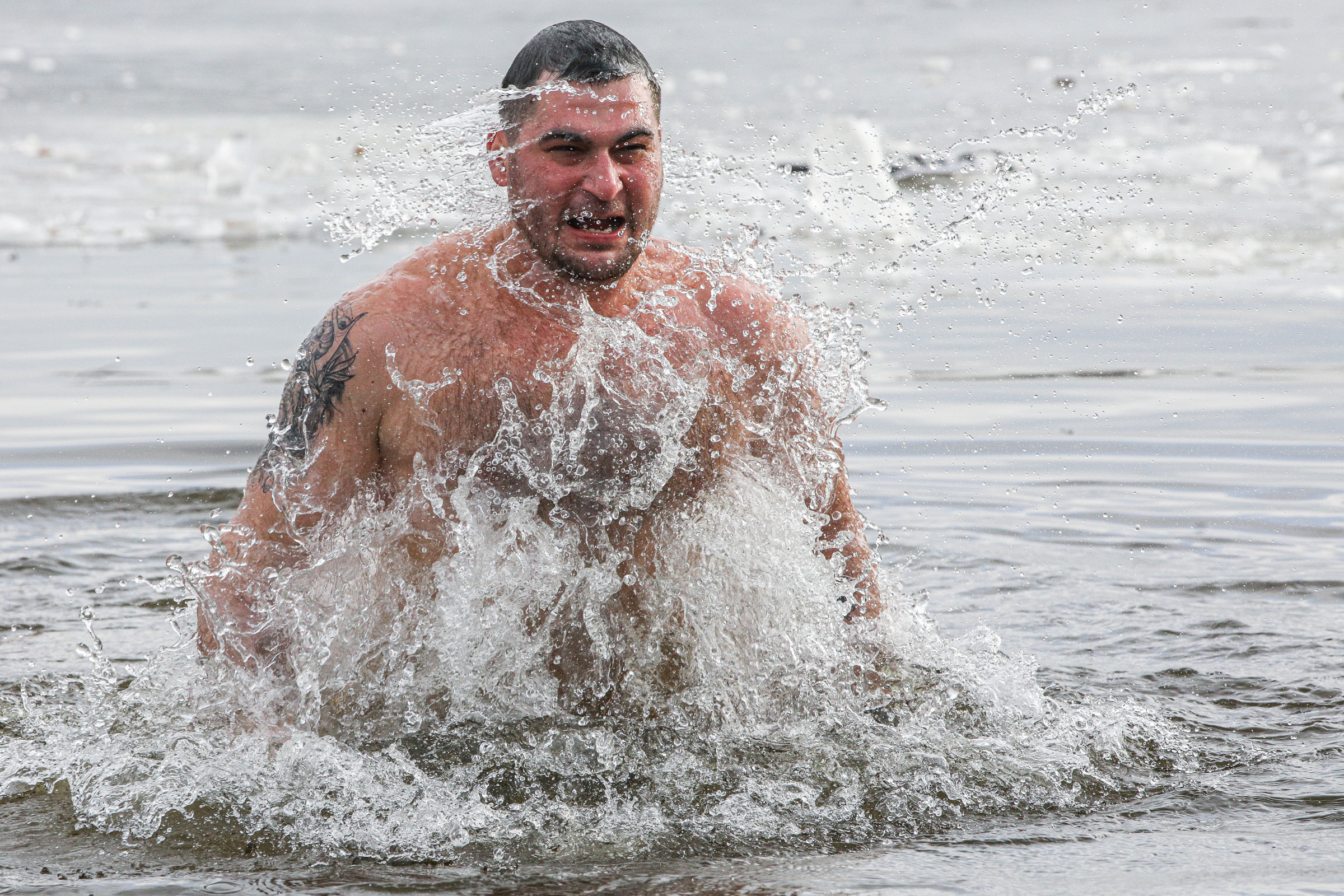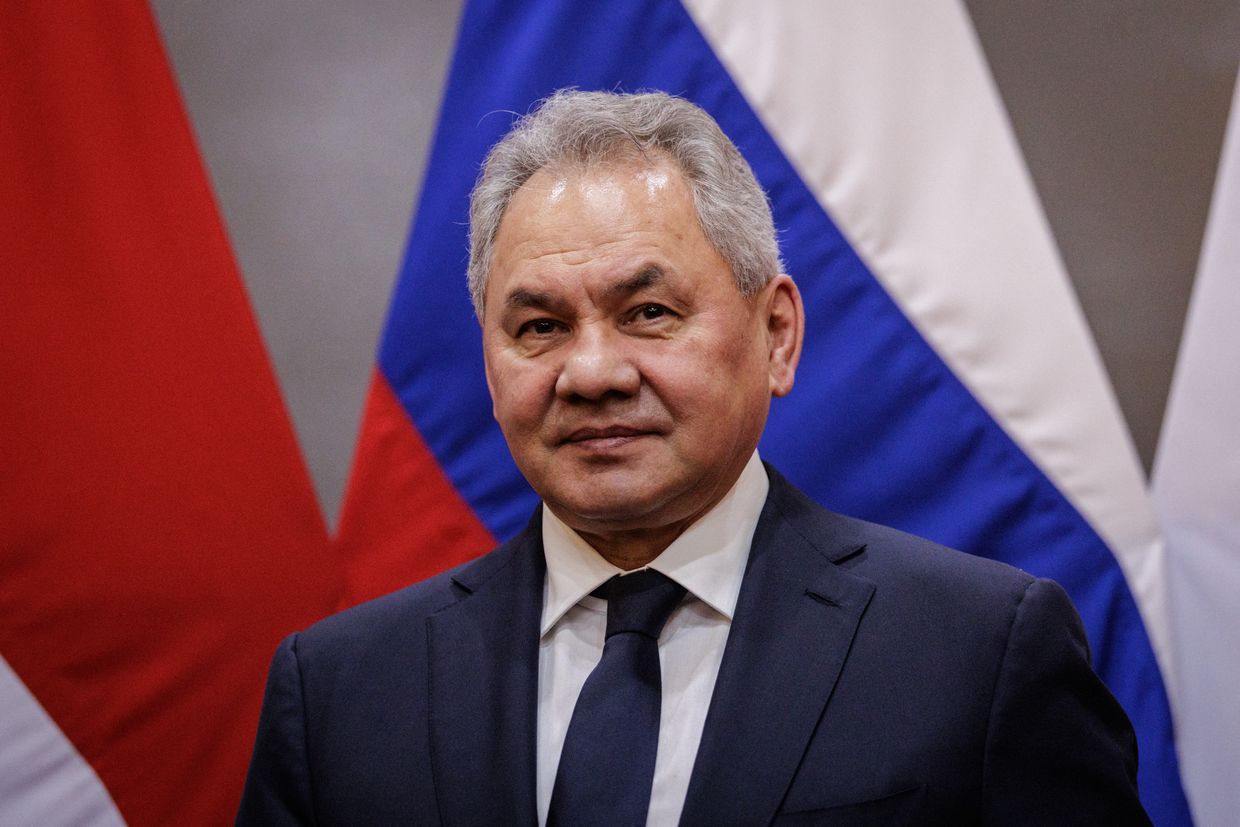Russian President Vladimir Putin and Chinese President Xi Jinping hailed their countries' relationship on May 8, vowing to increase cooperation in all areas, including military ties.
"There is Turkey, which maintains channels of communication. And then, above all, there is the People's Republic of China, which, more than anyone else, has the means to make (Russian President Vladimir) Putin come to the negotiating table and soften his demands," Polish Foreign Minister Radoslaw Sikorski said on May 8.
The United States will be ready to "walk away" from the negotiating table if it does not see Russia making progress in negotiation to end the war, U.S. Vice President JD Vance told Fox News on May 8.
Slovak Prime Minister Robert Fico arrived in Moscow on May 9 to celebrate Victory Day, commemorating the 80th anniversary of the defeat of Nazi Germany in World War II.
US President Donald Trump on May 8 called for a "30-day unconditional ceasefire" between Ukraine and Russia. Writing on Truth Social, Trump expressed his hope for "an acceptable ceasefire," with both countries "held accountable for respecting the sanctity of... direct negotiations."
President Volodymyr Zelensky had a "constructive" phone call with United States President Donald Trump on May 8, discussing the war, continued pressure on Russia, and a potential ceasefire.
The survey, conducted between April 24 and May 4, shows that 56.9% of respondents would not be willing to compromise on either territorial integrity or Ukraine’s pro-Western direction in any potential talks with Moscow.
U.S. Cardinal Robert Prevost was elected the new pope and leader of the Roman Catholic Church on Thursday, taking the name Pope Leo XIV, a senior cardinal announced on May 8 to crowds gathered in St. Peter’s Square, according to Vatican News.
Despite the Kremlin’s announcement of a May 8–11 truce, heavy fighting continued in multiple regions throughout the day.
The shooting occurred around 3:22 p.m. local time in Sofiivska Borshchahivka, a residential area in Bucha district, according to the Kyiv regional police.
Victor Tregubov: Plunging into icy water on Epiphany isn’t an old Ukrainian tradition. It’s Russian

Jumping in the ice holes during Epiphany peaked its popularity in Ukraine during the 2000s. President Viktor Yushchenko loved to do this — and officials mimicked it, making the event more and more widespread. However, ethnologists, medics, and even priests shared their doubts about this tradition. Now, these doubts sound loud and clear.
The doctors' argument is pretty obvious: exposing your body to extreme temperatures once a year is a shock for your health. The opinion of priests — this action has no theological meaning and looks like something between pagan ritual, unhealthy sport, and the Ice Bucket Challenge. The argument of ethnologists — there are no clear signs that this tradition was widespread in Ukraine before the XX century. Almost complete absence of it in western regions of the country signals that it could have been borrowed from Russia in a relatively recent time. Moreover, Ukraine's tradition tends to refrain from practical use of the consecrated water during this day.
A recent statement of Ukraine's Orthodox Church combined the last two arguments and gently denounced the tradition as invasive and unhealthy. “You cannot wash your sins off with cold water, you should do it with repentance and through the Sacraments of the Church,” their main narrative reads.
However, this year some critics of this statement emphasized there is a similar tradition in the Balkans. Some of them used the photo picturing Ecumenical Patriarch Bartholomew blessing a young Greek that just came out from the river.
This argument has some truth, but it also has some flaws that prevent us from taking it seriously.
First of all, there are apparent differences between these Balkan and Russian traditions.
In the Balkans, on Epiphany, a priest tosses the cross into the water while young men compete to retrieve it. This tradition also sometimes raises objections but is generally accepted by the clergy as non-dangerous. There are also some other traditions like dancing in the water. However, the climate of the Balkans is much warmer than that of eastern Europe, so the analogies here are flawed from the start.
In Russia, on Epiphany, people of all ages plunge into ice-holes three times.
As we can see, the way some people do it in Ukraine is similar to the Russian tradition, while having noticeable differences from Balkan one. That, as well as much more close cultural exchange of religious traditions with Russia than the Balkans from XVIII to XX century, and absence of such a tradition in western Ukraine, shows us that the counterargument of “we could have borrowed it from Greece or Bulgaria” has less weight in it that its supporters want.
The Orthodox Church of Ukraine is right — most probably, we followed the Russian tradition.
Is it a sufficient argument to leave it behind — the question that everyone should answer on their own.
Most Popular

After Russia's deadly attack on Kyiv, Vance reposts denunciation of Zelensky

Ukraine, Europe's ceasefire proposal includes US security guarantees, no recognition of Crimea, Reuters reports

Shoigu threatens Europe with nuclear weapons if Russia is faced with 'unfriendly actions'

Journalist Roshchyna's body missing organs after Russian captivity, investigation says

Ukrainian sea drone downs Russian fighter jet in 'world-first' strike, intelligence says
Editors' Picks

How medics of Ukraine’s 3rd Assault Brigade deal with horrors of drone warfare

As Russia trains abducted children for war, Ukraine fights uphill battle to bring them home

'I just hate the Russians' — Kyiv district recovers from drone strike as ceasefire remains elusive


